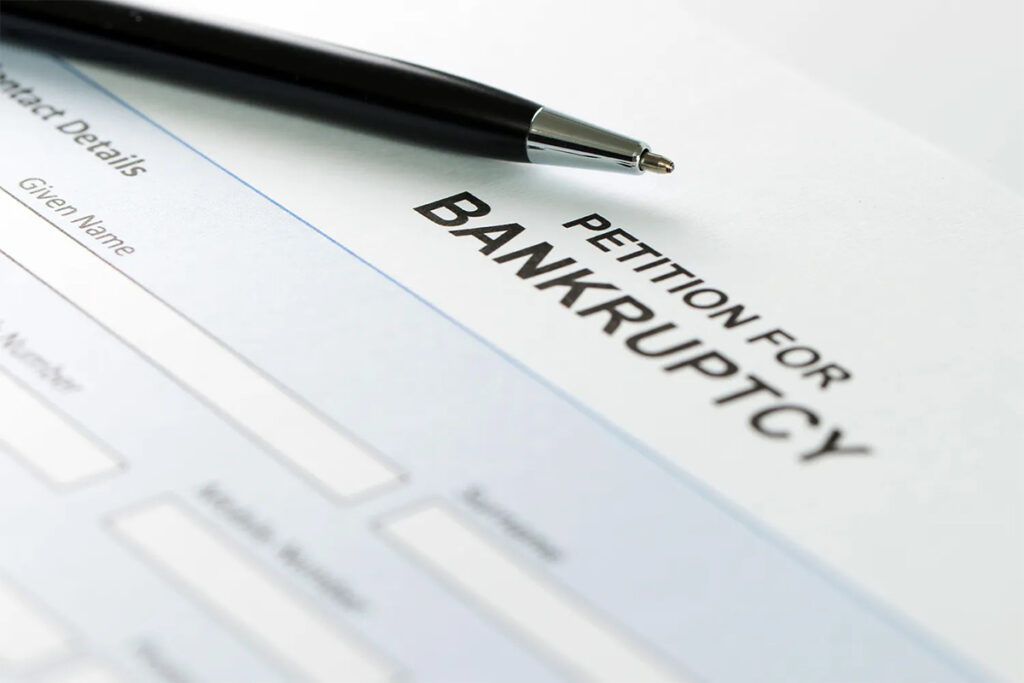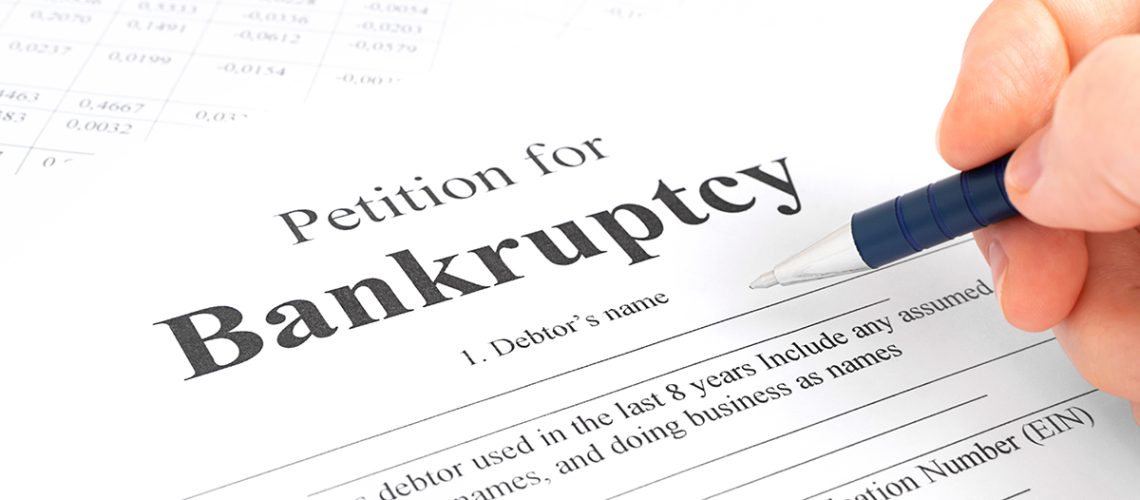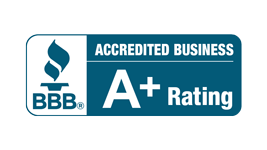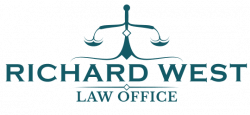If you are in debt, you may be considering filing for bankruptcy. Here are some factors to consider when making your decision.
How Much Debt Makes Bankruptcy Worth It?
One common benchmark for determining whether bankruptcy is worth pursuing is the amount of unsecured debt you owe, such as credit card debt, medical bills, and personal loans. If your unsecured debts exceed your annual income, bankruptcy may be a viable option for getting a fresh start. If your debt-to-income ratio is more than 50%, it may be a sign that your debt has become unmanageable and that bankruptcy could be a beneficial solution.
If you have a significant amount of student loan debt, be aware that this type of debt is generally not dischargeable in bankruptcy unless you can demonstrate undue hardship. On the other hand, if you have large amounts of high-interest credit card debt or medical bills that you are unable to pay, bankruptcy may offer a path to financial relief.
If you anticipate a significant increase in income that would allow you to repay your debts in the near future, bankruptcy may not be the best option. If you have valuable assets that would be subject to liquidation in a bankruptcy proceeding, weigh the potential loss against the benefits of debt discharge.
“Some have a ‘rule of thumb’ that suggests having at least $10,000 in dischargeable debt is enough to file for bankruptcy,” says Brandon Robinson, president and founder of JBR Associates. But one-size-fits-all solutions in finance are rarely the best options. [1]

Factors That Will Help You Decide When To File Bankruptcy
If you’re struggling to make minimum payments on your debts, constantly being hounded by creditors, or facing lawsuits or wage garnishment, it may be time to consider bankruptcy. Bankruptcy can provide relief from these stressful and damaging situations and give you a chance to start fresh.
Another factor to consider is the long-term impact of your debts. If you have a large amount of unsecured debt, such as credit card balances or medical bills, and it would take an unrealistic amount of time to pay off, bankruptcy may be a good option. This is especially true if your debts have led to a significantly reduced credit score, making it difficult to obtain new credit or loans.
If your current financial situation is unlikely to improve in the near future due to factors such as job loss, medical expenses, or other unforeseen circumstances, bankruptcy may be the best option to help you regain control of your finances.
If your debts are causing you significant stress, anxiety, or depression, filing for bankruptcy could provide relief and a fresh start.
While bankruptcy can provide relief from overwhelming debt and give you a chance to start over, it also comes with long-term effects on your credit and financial future.
Are You Able to Pay Off Your Debts Outside of Bankruptcy?
Before jumping into bankruptcy, explore whether you can pay off your debts outside of the bankruptcy process.
One option to consider is debt consolidation. This involves combining all of your debts into a single loan with a lower interest rate, making it easier to manage and pay off.
Another option is negotiating with your creditors to lower the amount you owe or establish a more manageable payment plan. Some creditors may be willing to settle for a reduced amount if it means they will get paid more quickly.
Budgeting and cutting expenses can also help you free up more money to put towards your debts. By creating a strict budget and finding ways to reduce your spending, you may be able to make significant progress in paying off your debts without the need for bankruptcy.
A financial counselor can help you assess your financial situation and provide guidance on the best course of action for paying off your debts. They can also provide educational resources on financial management and budgeting to help you avoid future debt problems.

How will Bankruptcy Affect My Credit?
Filing for bankruptcy can have a significant and negative impact on your credit. The specific effects will depend on the type of bankruptcy filed, but in general, bankruptcy can lower your credit score, making it more difficult to obtain future credit or loans.
A bankruptcy filing stays on your credit report for years, typically up to 7-10 years, which can hinder your ability to qualify for favorable interest rates, rent an apartment, or even find certain jobs.
Rebuilding credit after bankruptcy is possible. It may take time, but by responsibly managing new credit accounts, making timely payments, and demonstrating financial responsibility, you can gradually improve your credit score. Some lenders and credit issuers offer products specifically designed for individuals in post-bankruptcy situations to help them rebuild their credit.
How to Know Whether to File Chapter 7 or Chapter 13 Bankruptcy?
Chapter 7 bankruptcy, also known as liquidation bankruptcy, is designed for individuals with limited income and assets. In a Chapter 7 bankruptcy, your non-exempt assets are sold to pay off your creditors, and any remaining unsecured debts are discharged.
This option is best suited for individuals who have a significant amount of unsecured debt, such as credit card or medical bills, and little to no disposable income. Not all debts can be discharged in a Chapter 7 bankruptcy, and certain assets may be exempt from liquidation.
Chapter 13 bankruptcy, also known as reorganization bankruptcy, allows individuals to restructure their debts and create a repayment plan that spans over three to five years.
This option is best for individuals who have a regular income and are able to make monthly payments toward their debts but are struggling to keep up with their current obligations. Chapter 13 bankruptcy can also help prevent foreclosure and repossession of assets, as it allows individuals to catch up on missed mortgage and car payments.
Any individual, even if self-employed or operating an unincorporated business, is eligible for Chapter 13 relief as long as the individual’s combined total secured and unsecured debts are less than $2,750,000 as of the date of filing for bankruptcy relief. 11 U.S.C. § 109(e). [2]

Have All Options to Avoid Bankruptcy Been Exhausted?
One of the first steps to take before considering bankruptcy is to evaluate the full extent of the financial situation. This means taking a hard look at all debts, assets, and income to determine if there are alternative options available. Create a comprehensive budget and financial plan to see if there are feasible ways to restructure and manage debt without resorting to bankruptcy.
Many creditors are willing to work with individuals to create a payment plan that fits their financial situation. Being open and honest about the financial hardships being faced and willing to make a good-faith effort to pay off debts can often lead to more favorable terms and potential relief from the burden of debt.
For homeowners, exploring options to refinance or modify mortgages can also provide some relief. Lowering monthly mortgage payments or restructuring the terms of a mortgage can help individuals stay in their homes and avoid the devastating effects of foreclosure.
Explore every available option before deciding on bankruptcy. Bankruptcy should be a last resort, as the consequences can be long-lasting.
Seeking guidance from financial advisors, credit counselors, and bankruptcy attorneys can provide valuable insights and options to consider before making a final decision.
Contact Richard West Law Office’s bankruptcy lawyers today to schedule a consultation and take the first step towards a brighter financial future. Don’t let debt hold you back any longer.
FAQs
In Ohio, there is no minimum amount of debt required to file for bankruptcy. Whether an individual can file for bankruptcy is typically determined by their financial circumstances, including their ability to repay debts. The decision to file for bankruptcy may depend on various factors, such as income, assets, and the types of debts owed. Seek advice from a qualified bankruptcy attorney to assess your specific financial situation and determine if filing for bankruptcy is the appropriate course of action.
In Ohio, individuals filing for bankruptcy typically have the opportunity to keep certain assets through exemptions provided by state and federal bankruptcy laws. These exemptions may allow individuals to retain essential property such as their primary residence, vehicle, personal belongings, and specific retirement accounts. The specific assets that can be retained will depend on the type of bankruptcy filed and the applicable exemption laws.
Filing for bankruptcy in Ohio can have several consequences, including a significant impact on your credit score, making it more challenging to qualify for new loans or credit cards. Bankruptcy may require you to liquidate certain assets to repay creditors, depending on the type of bankruptcy filed. It can also result in the loss of non-exempt property, potentially affecting your financial stability. Bankruptcy filings are a matter of public record, and they can remain on your credit report for several years, impacting your ability to secure housing, obtain insurance, or even find employment.
Sources:
[1] Rodriguez, J. (2023, December 6). How much debt is worth filing for bankruptcy? CBS News. https://www.cbsnews.com/news/how-much-debt-is-worth-filing-for-bankruptcy/
[2] Chapter 13 – Bankruptcy Basics. (n.d.). United States Courts. https://www.uscourts.gov/services-forms/bankruptcy/bankruptcy-basics/chapter-13-bankruptcy-basics




